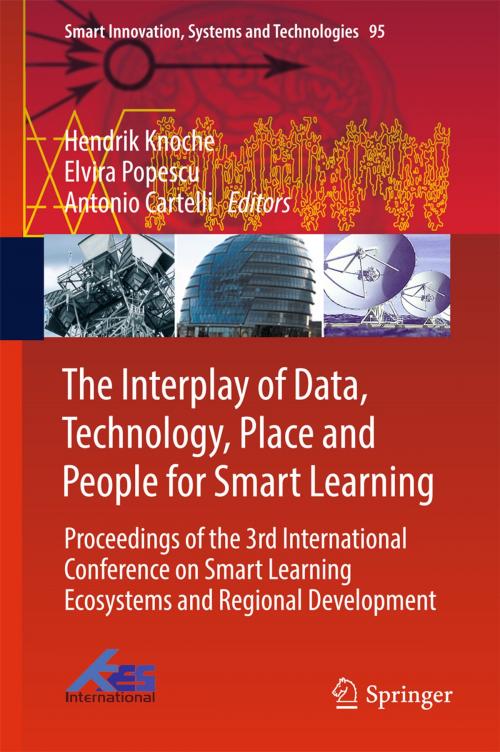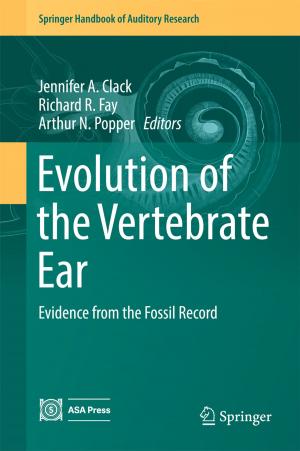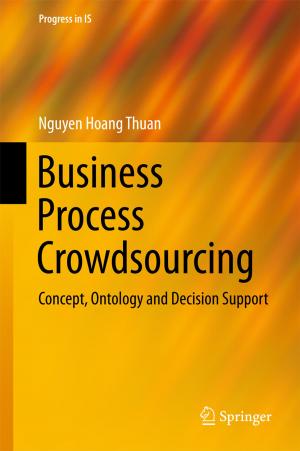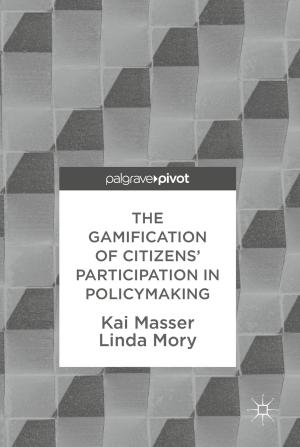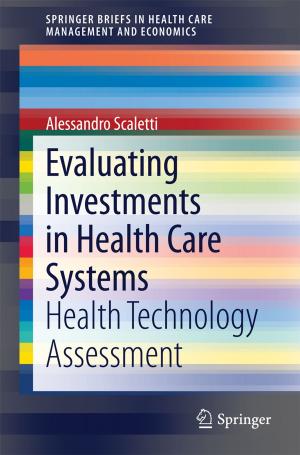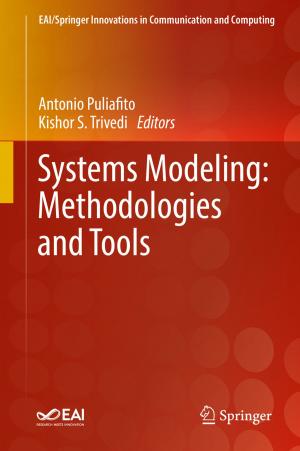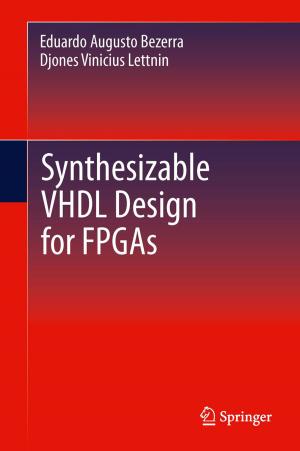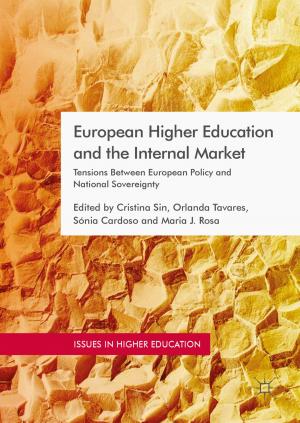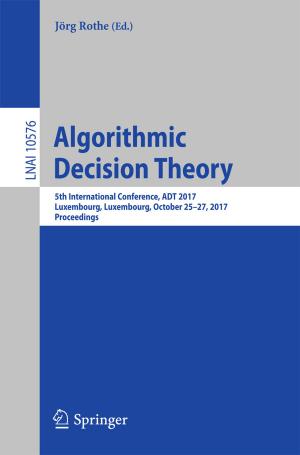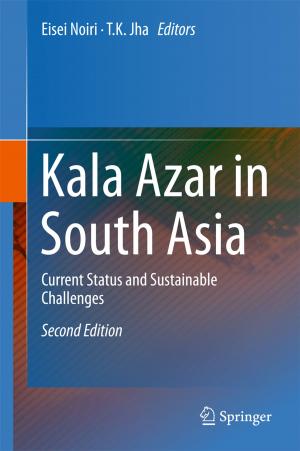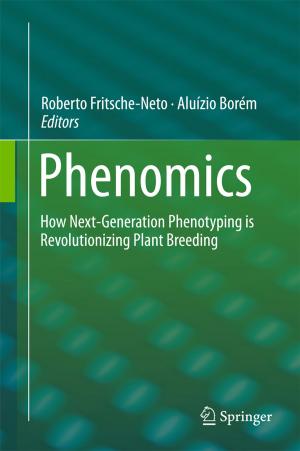The Interplay of Data, Technology, Place and People for Smart Learning
Proceedings of the 3rd International Conference on Smart Learning Ecosystems and Regional Development
Nonfiction, Computers, Advanced Computing, Artificial Intelligence, General Computing| Author: | ISBN: | 9783319920221 | |
| Publisher: | Springer International Publishing | Publication: | May 18, 2018 |
| Imprint: | Springer | Language: | English |
| Author: | |
| ISBN: | 9783319920221 |
| Publisher: | Springer International Publishing |
| Publication: | May 18, 2018 |
| Imprint: | Springer |
| Language: | English |
This book gathers contributions to the 3rd International Conference on Smart Learning Ecosystems and Regional Developments (SLERD 2018), held at Aalborg University, Denmark on 23–25 May 2018.
What characterizes smart learning ecosystems? What is their role in city and regional development and innovation? How can we promote citizen engagement in smart learning ecosystems? These are some of the questions addressed at SLERD 2018 and documented in these proceedings, which include a diverse range of papers intended to help understand, conceive, and promote innovative human-centric design and development methods, education/training practices, informal social learning, and citizen-driven policies.
The papers elaborate on the notion of smart learning ecosystems, assess the relation of smart learning ecosystems with their physical surroundings, and identify new resources for smart learning. SLERD 2018 contributes to foster the social innovation sectors, ICT and economic development and deployment strategies, as well as new policies for smarter, more proactive citizens. As such, these proceedings are relevant for researchers and policymakers alike.
This book gathers contributions to the 3rd International Conference on Smart Learning Ecosystems and Regional Developments (SLERD 2018), held at Aalborg University, Denmark on 23–25 May 2018.
What characterizes smart learning ecosystems? What is their role in city and regional development and innovation? How can we promote citizen engagement in smart learning ecosystems? These are some of the questions addressed at SLERD 2018 and documented in these proceedings, which include a diverse range of papers intended to help understand, conceive, and promote innovative human-centric design and development methods, education/training practices, informal social learning, and citizen-driven policies.
The papers elaborate on the notion of smart learning ecosystems, assess the relation of smart learning ecosystems with their physical surroundings, and identify new resources for smart learning. SLERD 2018 contributes to foster the social innovation sectors, ICT and economic development and deployment strategies, as well as new policies for smarter, more proactive citizens. As such, these proceedings are relevant for researchers and policymakers alike.
